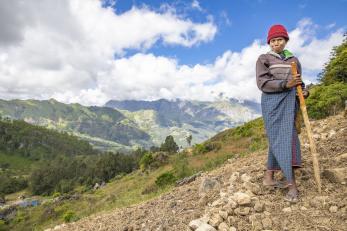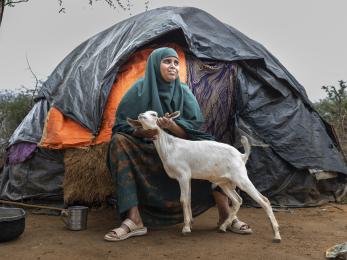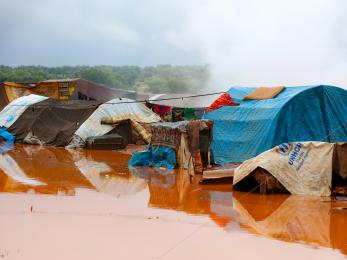Building Economic and Climate Resilience to Disasters

Download the MRED-II Summative Impact and Results Report (SIRR)▸
Download the MRED SIRR Country Profile for Nepal▸
Download the MRED SIRR Country Profile for Timor-Leste▸
Managing Risk through Economic Development (MRED) program phase 2 was a 4-year $5.6 million USD disaster risk reduction program funded through Margaret A. Cargill Philanthropies to support vulnerable households in smallholder farming communities to be more resilient to the adverse effects of climate change and natural disasters. MRED works with communities and governments to build resilience through integrating Disaster Risk Reduction (DRR) and Market Systems Development (MSD). The adapted, innovative DRR model incorporates risk-sensitive livelihoods and market components, resulting in reduced disaster-related losses and increased economic security in more than 100 communities across the highly disaster and climate vulnerable countries for Nepal, Timor-Leste, and now Indonesia.
Substantive evidence and research agree that MRED’s approach has supported vulnerable communities to prepare for, cope with, and recover from multiple shocks and stresses.
- MRED Nepal communities earned $1,753,406 over 4-years through nexus interventions. Also, for every $1 investment by MRED in Nepal, $4 were invested in DRR and nexus programming by the Nepalese government, community and private sector partners.
- Increased confidence in MRED communities’ ability to face future disasters. 84% of MRED households in Nepal (a 45% increase) are confident in their ability to face future floods and 63% in Timor (15% increase) are confident to face future windstorms.
- More women report meaningful participation in decision making groups. Women's meaningful participation increased in community groups such as Disaster Management Committees, Farmer Groups, and VSLAs by 32% in Nepal and 15% in Timor-Leste, with women now holding 54% of leadership roles in both countries.
Beginning in 2020, the MRED program initiated a third phase which will focus on transformational elements including sustainability and local management of community DRR, catalyzing systems actors including: local government and businesses to invest and manage markets and disaster risk support to vulnerable communities; doubling down on meaningful inclusion of women and marginalized groups in DRR planning and decision making; and replication and scale of the MRED model in new geographies and countries.
The Summative Impact and Results Report (SIRR) synthesizes the learnings, strategies and achievements of MRED’s work.


